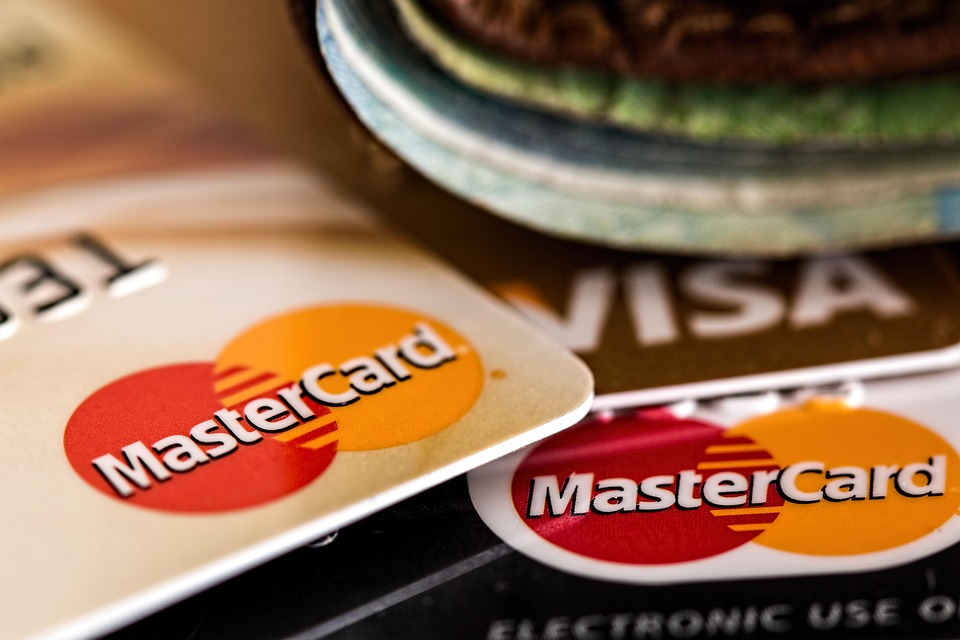What to Consider Before Applying for a Small Bad Credit Loan
Applying for a small bad credit loan can be a viable option for individuals facing financial difficulties. However, before you proceed, it’s essential to consider several factors to ensure that you make an informed decision. Here are some key points to keep in mind.
Understand Your Credit Situation
Before applying for a loan, take a close look at your credit report. Understanding your credit score and the factors that contribute to it can help you gauge your eligibility for a loan. Many lenders specialize in bad credit loans, but knowing your credit standing will help you identify the best options available to you.
Evaluate Your Financial Needs
Determine the exact amount of money you need and how you plan to use it. Small bad credit loans can be useful for covering unexpected expenses, but borrowing more than necessary can lead to further financial strain. Create a budget to assess your needs and ensure that you are only borrowing what you can afford to repay.
Research Lenders
Not all lenders are created equal, especially when it comes to bad credit loans. Research various lenders to find those that offer favorable terms and conditions. Look for reviews and testimonials from previous borrowers to gauge the lender’s reputation. Pay attention to interest rates, fees, and repayment terms, as these can vary significantly between lenders.
Consider the Interest Rates
Interest rates for bad credit loans can be significantly higher than those for traditional loans. It’s crucial to understand the total cost of borrowing, including any hidden fees or charges. Compare rates from multiple lenders to find the most competitive option. A lower interest rate can save you a substantial amount of money over the life of the loan.
Check for Prepayment Penalties
Some lenders impose prepayment penalties, which can be a disadvantage if you plan to pay off your loan early. Before signing any agreement, inquire about prepayment terms. If you anticipate having the ability to pay off the loan sooner than expected, look for lenders that do not charge penalties for early repayment.
Assess Your Repayment Ability
Before taking on any debt, it’s vital to assess your ability to repay the loan. Consider your current income, expenses, and any other financial obligations you have. Create a repayment plan that outlines how you will manage your monthly payments. Ensure that the loan fits within your budget to avoid falling into a cycle of debt.
Look for Alternatives
Before committing to a small bad credit loan, explore alternative options. You might consider borrowing from friends or family, negotiating payment plans with creditors, or seeking assistance from local charities or non-profit organizations. Sometimes, these alternatives can provide the financial relief you need without the burden of high-interest loans.
Read the Fine Print
Always read the loan agreement carefully before signing. Pay attention to the terms and conditions, including interest rates, repayment schedules, and any fees associated with the loan. Understanding the fine print can help you avoid unpleasant surprises down the line.
Seek Financial Counseling
If you’re unsure about taking out a small bad credit loan, consider seeking advice from a financial counselor. They can help you evaluate your financial situation, explore your options, and develop a plan that works for you. Financial counseling can provide valuable insights and help you make a more informed decision.
Conclusion
Applying for a small bad credit loan can be a helpful solution in times of financial need, but it’s essential to approach the process with caution. By considering your credit situation, evaluating your financial needs, researching lenders, and understanding the terms of the loan, you can make a more informed decision that aligns with your financial goals. Always remember to explore alternatives and seek professional advice if needed.




